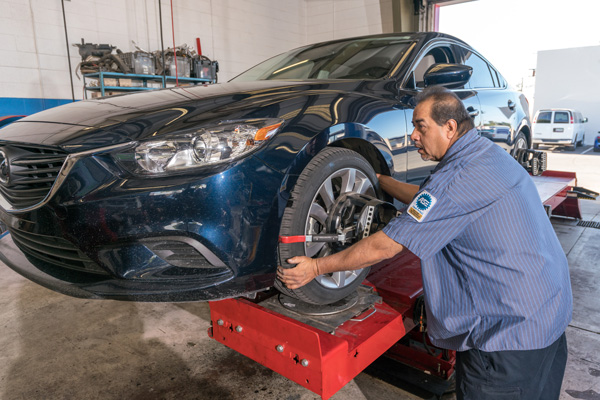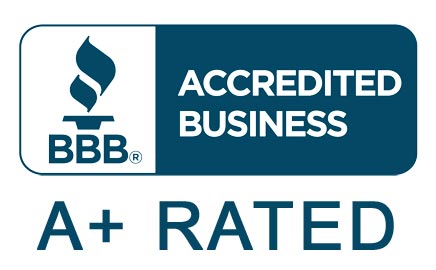(PHOENIX)– Proper maintenance is essential to get the most out of your vehicle, but common misconceptions can cost you time and money. That’s why your Neighborhood Auto Repair Professionals (NARPRO) are sharing top car care myths.
Myth #1 Tires should be inflated to the pressure shown on the tire itself.
- The number shown on your tire’s sidewall is actually the maximum pressure the tire can hold, not the recommended pressure.
- On newer cars, you can find the recommended PSI (pounds per square inch) on a sticker inside the driver’s door. If there’s no sticker, check the owner’s manual.
- For the most accurate reading, check the pressure when the tire is cold, after the car has been parked for a few hours out of the sun, or overnight.
Myth #2 Tires don’t need to be replaced until the tread depth is 2/32 inch.
- While the U.S. Department of Transportation recommends replacing tires with 2/32 inch depth that shouldn’t be the only consideration. Tire performance can diminish before the minimum depth of 2/32 inch and put you at risk of hydroplaning or losing control in wet conditions.
- Whether you should replace all four tires at the same time depends on the conditions of all four tires. You can replace individual tires as long as they’re the same brand, model and size as the others. To maximize the life of your tires, have them regularly rotated every 5-6,000 miles.
Myth #3 You should change oil every 3,000 miles.
- This is outdated advice. Thanks to improvements in synthetic oils and engine design, most vehicles can go 5 to 7,500 miles between oil changes under normal driving conditions. If you change more often, it won’t hurt the engine – it’ll just hurt your wallet.
- Even if you don’t drive often, the oil should be changed at least once a year.
Myth #4 Premium fuel is better than regular-grade fuel.
- Most cars are designed to run on regular-grade fuel (87 octane). Higher-octane fuels are usually used in hotter-running, high compression vehicles like sports cars and certain luxury cars to prevent engine knocking. Use the octane grade recommended in your car’s manual.
Myth #5 A dealership must perform regular maintenance or the warranty is void.
- Your warranty is valid until the expiration date as long as maintenance work is performed at a certified auto-repair shop, according to the recommended schedule.
How to find a trusted mechanic:
- Check the shop’s complaint record with the Better Business Bureau.
- Check out online review sites, paying close attention to how shops resolve complaints.
- Ask friends and family members about their experiences.
- Pay attention to the shop’s condition and cleanliness.
- Look for experienced technicians who are certified.
NARPRO (Neighborhood Auto Repair Professionals): The Neighborhood Auto Repair Professionals (NARPRO) helps car owners find skilled and honest car repair shops. NARPRO only recommends independent, family-owned, full-service auto repair shops that have passed 26 rigorous tests. Visit www.NARPRO.com or call 602.257.0033 to find recommended shops near work or home. NARPRO is the easiest way to find an honest mechanic in the Valley.






